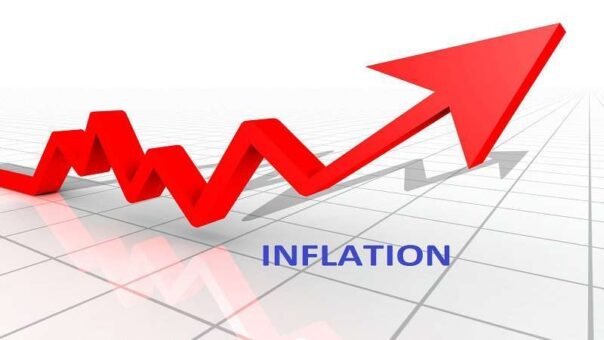Islamabad, March 15, 2024 – Pakistan has experienced a substantial 33 percent increase in inflation on a year-on-year (YoY) basis for the week ending March 14, 2024, according to official data released on Friday.
The onset of the holy month of Ramadan on Tuesday, March 12, 2024, has brought a challenging situation for the masses as they grapple with soaring prices despite the customary expectation of relief during this sacred time.
Data from the Pakistan Bureau of Statistics (PBS) reveals a significant 32.89% surge in the Sensitive Price Index (SPI)-based inflation on a year-on-year basis. Key contributors to this rise include skyrocketing gas charges for Q1 (570.00%), followed by substantial increases in the prices of tomatoes (185.68%), onions (90.27%), chili powder (81.74%), garlic (60.13%), gents’ sponge chappal (58.05%), gents’ sandal (53.37%), wheat flour (51.91%), gur (41.32%), sugar (37.09%), salt powder (34.71%), and energy saver products.
Conversely, some relief was observed in the prices of certain commodities, including cooking oil (5-liter) with a decrease of 21.33%, vegetable ghee (1 kg) down by 19.12%, vegetable ghee (2.5 kg) reduced by 17.89%, mustard oil witnessing a decline of 15.26%, bananas decreasing by 3.94%, diesel by 1.88%, and cigarettes experiencing a minor decrease of 0.05%.
The SPI for the week ending March 14, 2024, recorded a notable increase of 1.35% over the previous week. Notable hikes were observed in the prices of tomatoes (21.96%), bananas (21.76%), eggs (7.15%), onions (5.57%), LPG (liquefied petroleum gas) at 4.45%, garlic (3.62%), mutton (1.74%), beef (1.53%), chicken (1.40%), georgette fabric (1.04%), shirting material (1.01%), and long cloth (0.94%).
Conversely, decreases were noted in the prices of cooking oil (5-liter) by 1.08%, vegetable ghee (2.5 kg) down by 1.07%, wheat flour decreasing by 0.95%, sugar by 0.64%, gur by 0.57%, rice basmati broken by 0.50%, pulse masoor by 0.17%, and pulse mash by 0.15%.
Throughout the week, out of 51 items, prices of 18 items (35.29%) increased, while 10 items (19.61%) experienced decreases, and prices of 23 items (45.10%) remained stable.
As the holy month of Ramadan progresses, policymakers and stakeholders face the challenge of addressing the economic impact on the populace, ensuring that essential commodities remain affordable for all segments of society.
